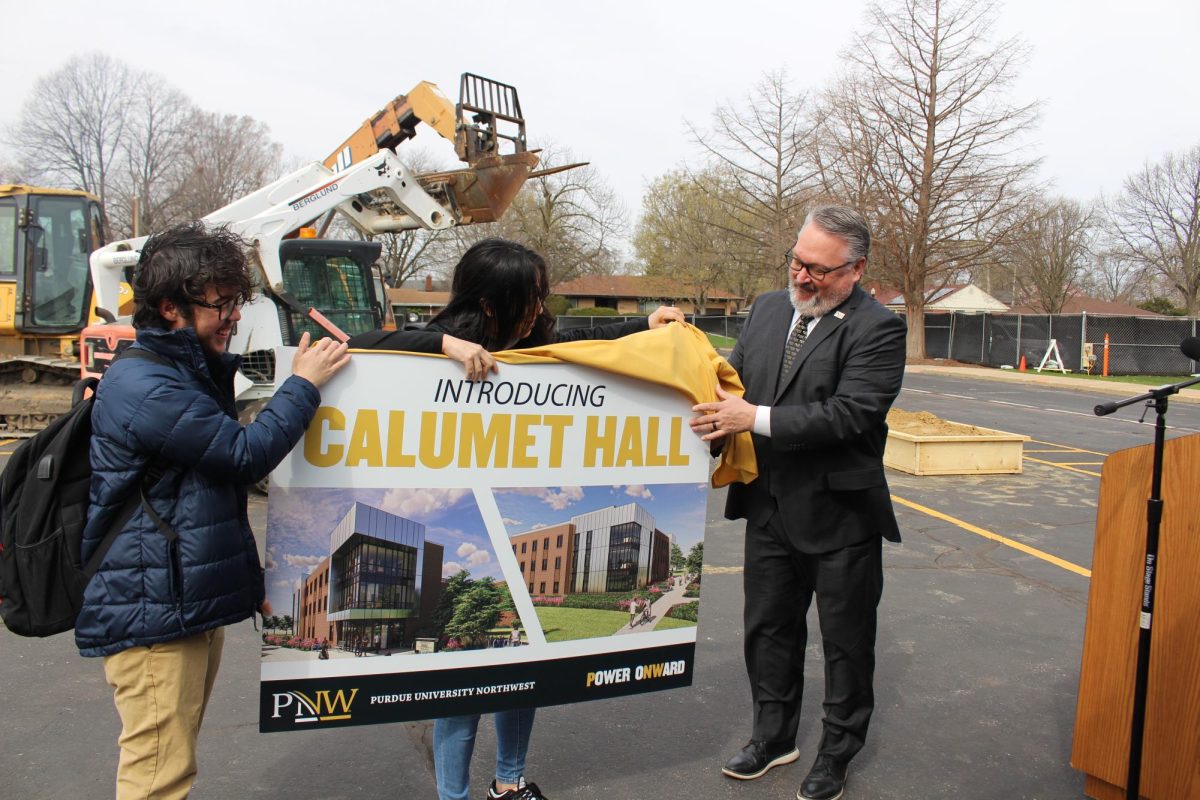Growing concerns about the economy has some seniors worried they may not be able to find a job.
Andrew Anderson, a Computer Graphics Technology major, has been looking for a few months.
“I have an internship that I do remotely,” he said. “I am worried that the extension of my internship might be affected because [new federal] tariffs have caused a price increase for the company I work for.
“I worry because I have no opportunities lined up,” he said. “I do think the economy is somewhat to blame for that.”
Jav MacKenzie, a Communication major, is worried he won’t be able to find a job.
“It’s been very hard,” he said. “My job might end up being something that I don’t even want to do after I graduate.
“You kind of get told ‘you’re gonna … be able to work in whatever you want,’ but … right now, it’s just been lies,” said MacKenzie. “It feels like I’m kind of just trapped in my retail job when I want to go and do other stuff.”
Graduating seniors face an official unemployment rate of 4.2%. It does not reflect the estimated 280,000 federal workers and contractors across 27 agencies who have been laid off since February under the Trump administration.
A recent study from the Federal Reserve Bank of New York found the unemployment for recent grads is higher, 4.8% in December. It also found that nearly 4 in 10 recent graduates are underemployed.
“I’ve applied for over 200 jobs with only two interviews,” said Jordan James Avery, Computer Information Technology major. “I thought it would take at most six months to land a job, but I’ve been searching for over a year.”
Some students say the slow job market is an incentive to stay in school.
“I’m going for my master’s degree, and honestly the terrible job market was a factor in why I wanted to continue my education,” said Ava Lowe, a Political Science major. “I didn’t want to be unemployed or working a minimum wage job. I felt like the program I got admitted to would help me find a career I want.”
Joshua Grady, an Electrical and Computer Engineering major, still hopes to land a job, but considers graduate school an option.
“I plan to search for another year until I find a job in my major,” he said. “If I don’t find a job in my major, I will pursue more credentials for the job I’m looking for. This may take the form of graduate school, or post-baccalaureate certificates.”
After months of searching, Kolten Becker, an Electrical Engineering major, just got a job.
“I recently accepted a position with NiSource in Hammond, and I’m incredibly grateful for the opportunity,” he said. “It’s a big relief to have something lined up before graduation… it takes a lot of stress off.”
Ryan Mayton, a Construction Management major, is just as relieved. He managed to turn a long-time internship into a full-time job after graduation.
“I’ve been here for two years and have a full-time job with the company lined up once I graduate,” he said. “I definitely got lucky and would advise college students to start their internships early, it builds connections and could possibly lead to something more permanent.”
Joseph Cimino, Aaron Conn, Paula Jappelt, Vincent Qunell and Joel Ramos contributed to this article.




